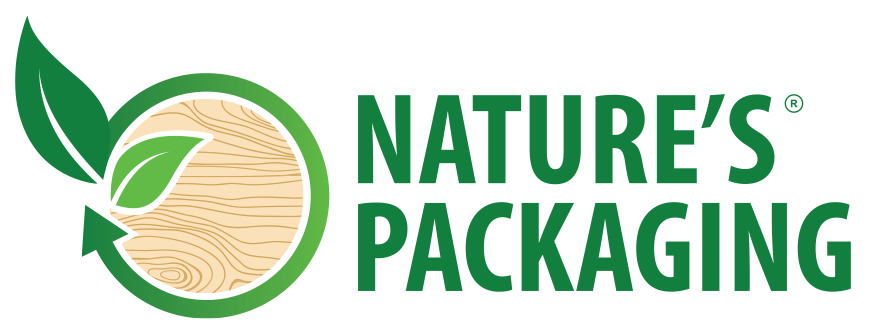Protecting Forests: ISPM15
In today’s global supply chain the potential of invasive pests traveling on commodities presents risks to our domestic plants and North American forests.
As part of the United Nations Food and Agriculture Organization (FAO), the International Plant Protection Convention (IPPC) has developed standards to be used in international trade known as International Standards for Phytosanitary Measures (ISPMs). The application of these standards is designed to protect forests and ecosystems by reducing the likelihood of non-native pest infestations, preventing both loss of species diversity as well as economic losses associated with the costs of pest eradication and control.
International trade using wood packaging material (WPM), which includes wood pallets, containers, and dunnage material, is managed through a set of phytosanitary measures referred to as ISPM-15. The purpose of the ISPM-15 program is to significantly reduce the spread of pests by mandating the use of wood that has been treated prior to shipment in a manner that destroys all regulated pests in the wood.
Countries that adopt the ISPM-15 standard agree that all imports and exports must be treated according to the standard and marked in the proper manner. Currently, there are three options for certified treatment: conventional heat treatment (HT), dielectric heating (DH) and methyl bromide fumigation (MB), all of which are permitted in the United States. Only heat treatment and dielectric heating treatments are allowed in Canada.
Both the United States and Canada have phytosanitary management programs designed to allow certified producers to construct wood packaging material to meet the ISPM-15 standard. Producers are inspected by accredited third-party inspection agencies who issue them a stamp to apply that identifies the wood packaging material as treated according to the ISPM-15 standard.
This stamp/mark acts as a passport for the wood packaging to enter through customs and is considered sufficient proof that it meets the ISPM-15 standard.
The wood packaging industry across North America works closely with governmental plant health organizations of the United States and Canada, including the North American Plant Protection Organization (NAPPO). Through these associations, the wood packaging industry is an active partner with the regulatory agencies and scientists involved in managing phytosanitary pest risk and the development of national standards related to the implementation of ISPM-15.
We play a critical role in the delivery of ISPM-15 certified wood packaging to exporters shipping to international markets and are strong supporters of the objectives of ISPM-15 in safeguarding North American forests.

